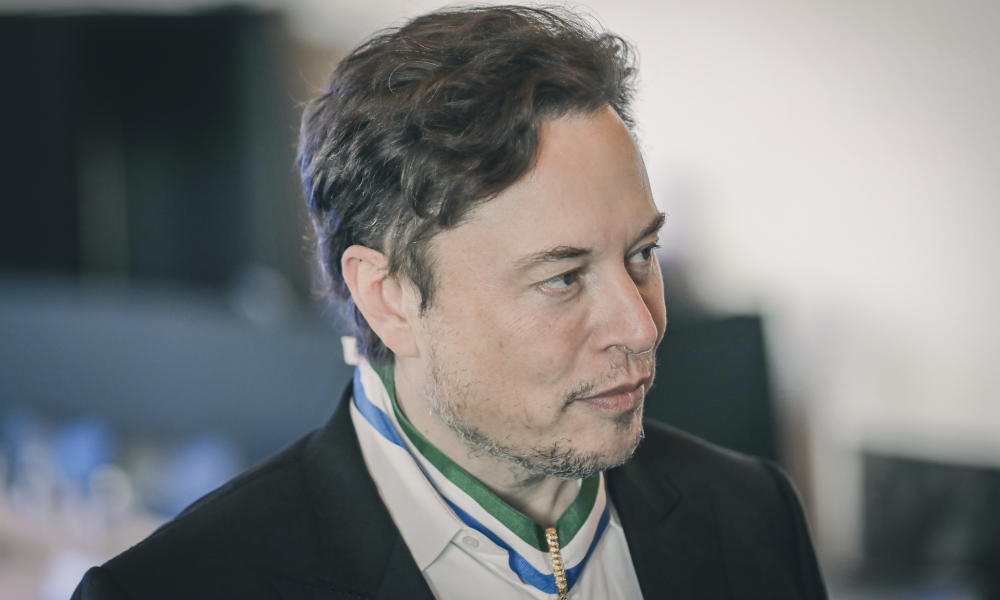The $7,500 EV tax credit has officially expired, marking the end of an era for EV makers in the United States. Many are now questioning what the future holds for companies that once enjoyed a competitive advantage with the tax credit. Tesla, in particular, is poised to thrive even without the tax credit, and there are several reasons why the company may actually be in better shape without it.
One of the key advantages for Tesla with the absence of the tax credit is the opportunity to implement price cuts. In the past, Tesla successfully increased sales by offering more affordable models when the tax credit reached its cap in 2019. The company can now adjust its pricing strategy to attract more customers without relying on government subsidies.
The playing field also becomes fairer for Tesla compared to competitors like Ford and General Motors, who have struggled to turn a profit on their EV projects. The removal of subsidies will expose the financial weaknesses of these companies, potentially leading to a scaling back of their EV efforts. Tesla, on the other hand, has demonstrated profitability and financial stability, making it less dependent on subsidies.
Tesla’s maturity and self-sufficiency are also likely to boost investor confidence in the company. CEO Elon Musk has emphasized the company’s ability to thrive without government subsidies, highlighting Tesla’s manufacturing efficiencies and technological advancements. Investors may see the post-tax credit period as a critical time for companies in the EV market, with Tesla standing out as a strong contender.
Moreover, the absence of subsidies can actually drive true innovation for Tesla. Without the cushion of government assistance, the company may be motivated to push boundaries and introduce new technologies to make EVs more affordable and accessible. This pressure to innovate could lead to breakthroughs in product development and technological advancements.
Finally, Tesla’s upcoming launch of affordable models without the tax credit is expected to attract a significant portion of the market share. With competitors offering EVs at similar price points, Tesla’s ability to introduce affordable models could help regain lost market share and solidify its position in the industry.
Overall, the expiration of the EV tax credit may present challenges for some companies, but for Tesla, it could be a new beginning filled with opportunities for growth and innovation. As the company navigates the post-tax credit landscape, its focus on affordability, profitability, and innovation will be key to maintaining its competitive edge in the EV market.

